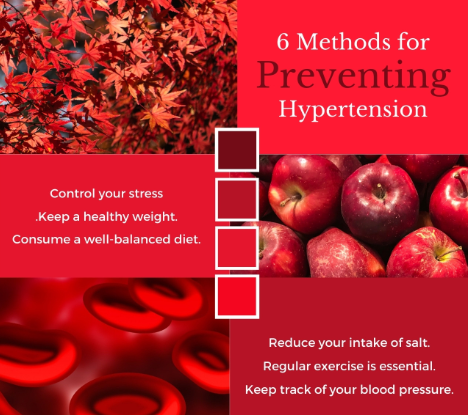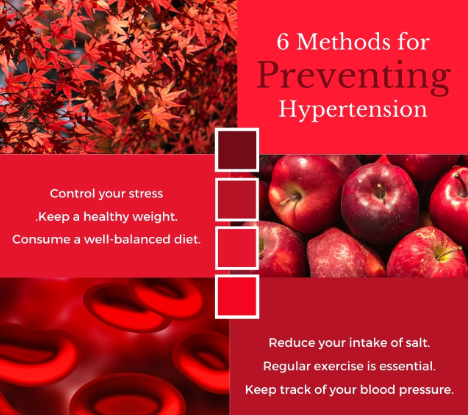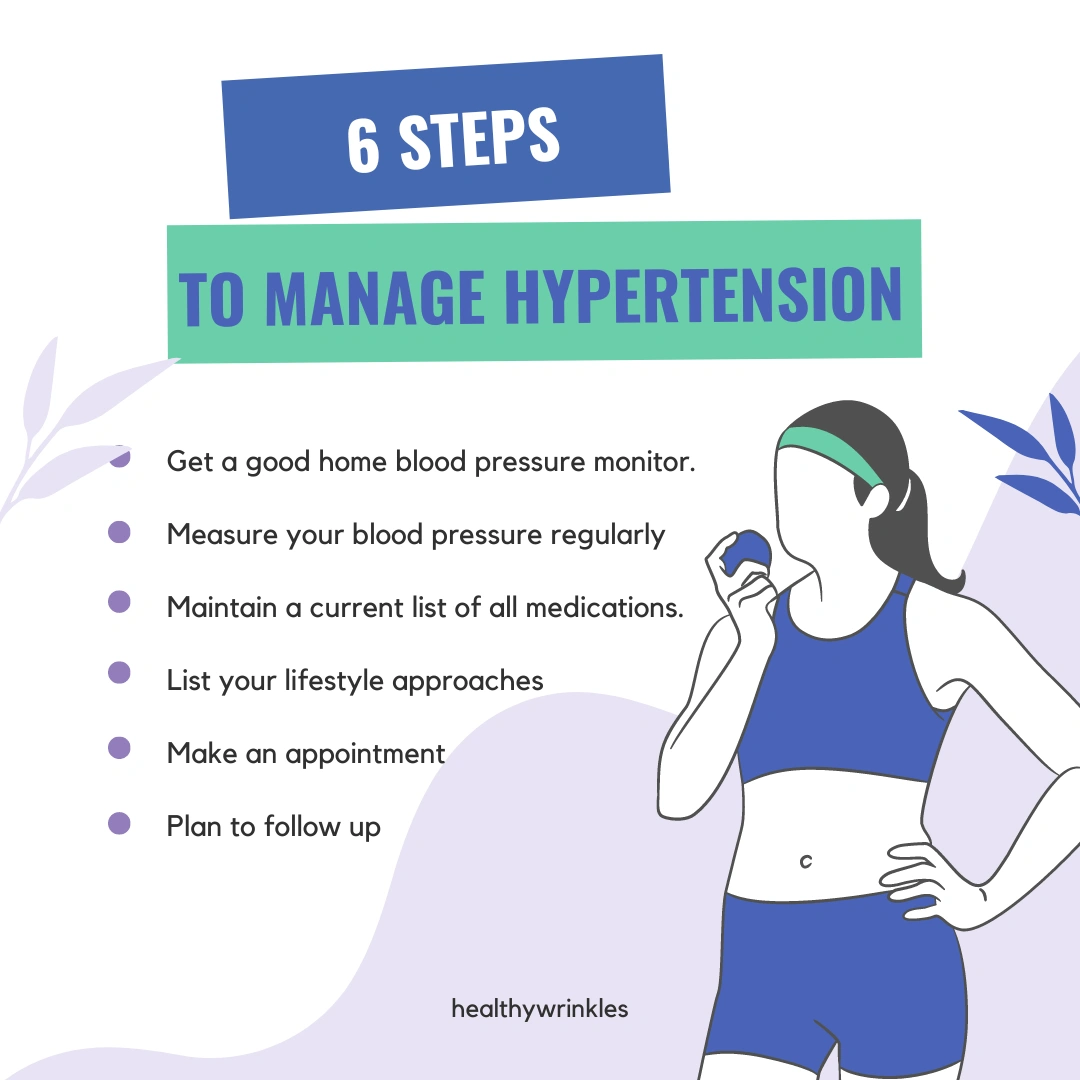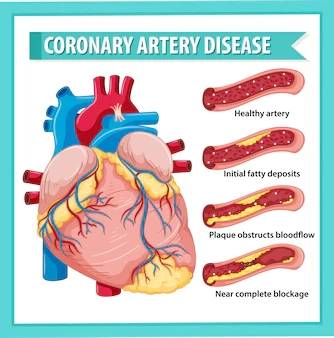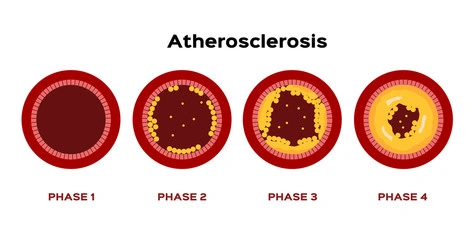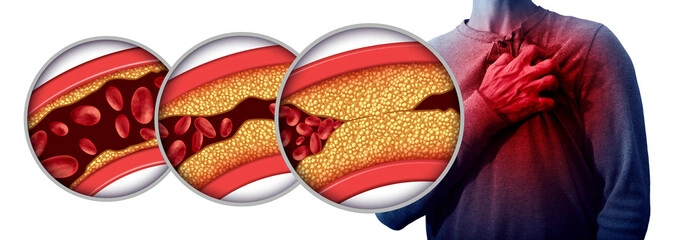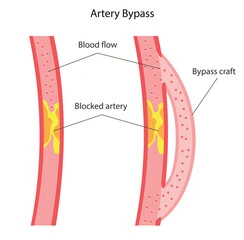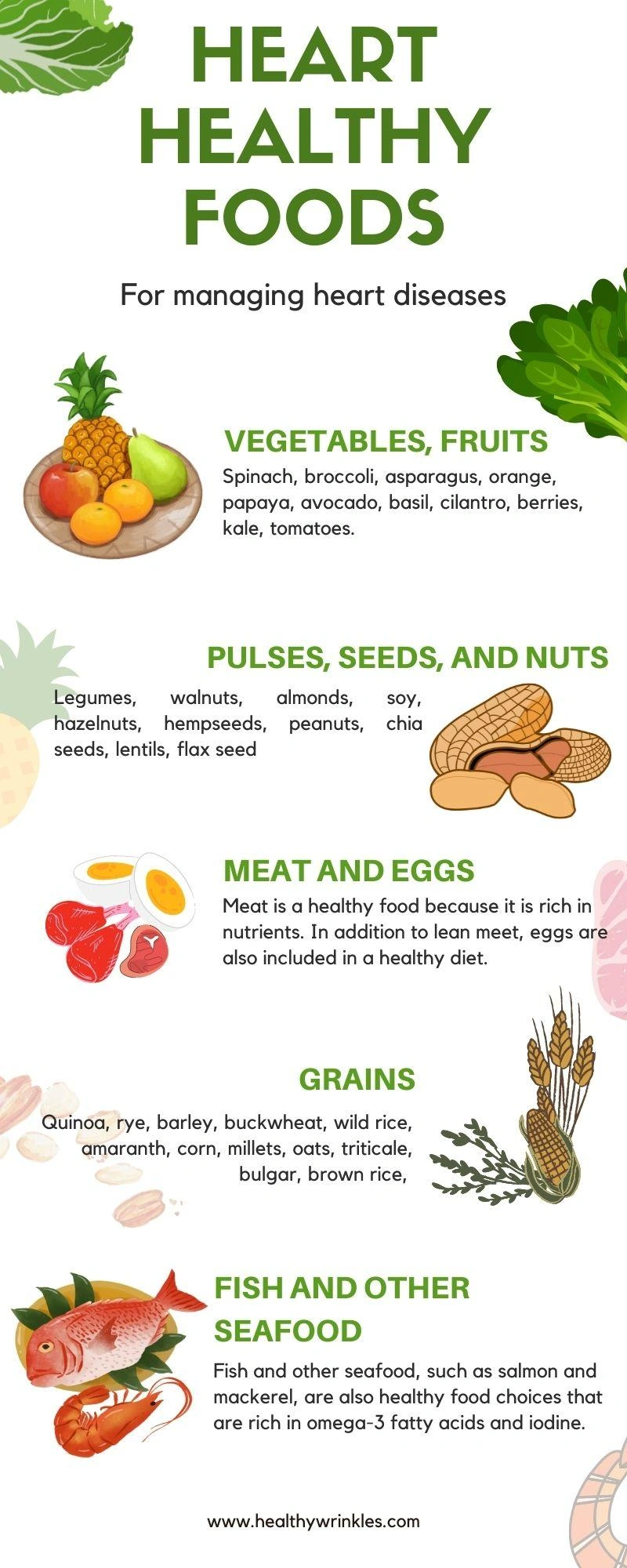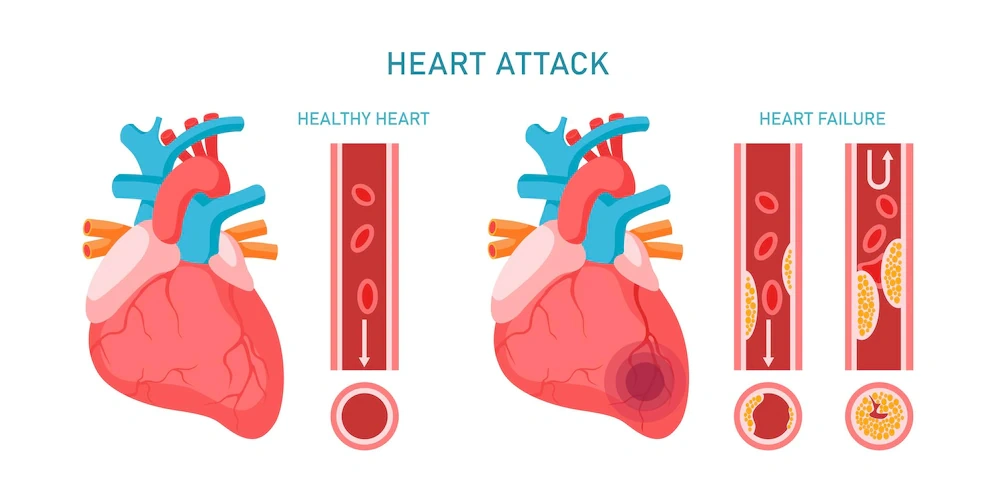What is a heart attack?
01-10-24
What is a heart attack?
A heart attack is a catastrophic cardiac event in which the blood supply to a part of the heart muscle is cut off. It is one of the major causes of death, particularly for the elderly, and is often referred to as a myocardial infarction (MI). Although coronary artery disease (CAD) is the major cause of heart attacks, there are several additional factors that should be considered. With proper care, one can easily overcome and lessen the chances of having a heart attack.
How does chest pain feel?
Chest pain is the most typical sign of a heart attack. It is defined as a tightening or constricting pain that worsens. The discomfort is most likely angina pectoris rather than a heart attack if it worsens with exertion or mental stress but subsides with rest. If the underlying reason is not addressed, angina pectoris is a warning indicator that a heart attack will happen. Nitrates, sometimes referred to as TNT or nitroglycerin, quickly relieve angina pain.
Although the chest pain from a heart attack is restricting in nature, it can occasionally be characteristic. It could be a burning discomfort like heartburn. A person is uncertain if they are experiencing a heart attack or not because other symptoms may or may not be present. Therefore, pain by itself is a poor predictor of a heart attack.
Is this a heart attack?
There are times when a heart attack is not immediately apparent. There are a number of heart attack symptoms that are frequently overlooked and can be confused with other issues like acid reflux. Therefore, it is always advised to visit the emergency department right away if you think you are suffering from a heart attack. An ECG and blood test for cardiac enzymes will provide a more definitive indicator of whether or not you are experiencing a heart attack. The following are a few of the signs to be noted:
●Arm, neck, jaw, or upper section of the abdominal pain radiating from the center of the chest. On the left side of the body, typically
●Breathing difficulties, such as shortness of breath, suggest inadequate air intake
●Nausea, and vomiting
●Sudden, profuse perspiration
●Dizziness and lightheadedness
●Fainting
●Anxiety with a sense of impending doom
There may also be additional symptoms like paleness of the skin, cold clammy skin, and confusion.
Is a heart attack curable?
Heart attacks can be significantly reduced and managed with the help of modern medicine. However, a heart attack permanently damages the cardiac muscle, which cannot be repaired. Dead muscle tissue cannot regenerate; only damaged portions can. Medications help to keep the blood flow to the heart muscle open. Surgery will also help to maintain blood flow by opening up the diseased artery in the heart wall and creating a new blood vessel.
Several of these steps can be taken before a heart attack to lessen the severity of the occurrence or maybe prevent it entirely. However, a severe heart attack that occurs suddenly, with no warning, and without quick access to treatment options, usually results in death. The risk is substantially higher for the elderly, and occasionally, even the best care may not stop death.
Are heart attacks on older people dangerous?
Any person, regardless of age, is at risk of a heart attack. It does provide a significantly higher risk to the elderly because aging reduces the body's capacity to withstand such situations. When an elderly person has a heart attack, even prompt treatment might not be enough. Age-related chronic disorders, some of which have been present for years and have significantly damaged the heart and body, frequently make heart attacks in the elderly more difficult to treat.
Elders over 60 are more likely to experience heart attacks than younger people.
In comparison to younger individuals who experience a heart attack, this age group has a poorer survival rate. Additionally, heart attacks in those over 75 do not have a promising survival rate beyond 90-days after the event. However, each case will determine the risk and survival rate. By following strict medication and lifestyle regimens, one can reduce the risks of a heart attack.



